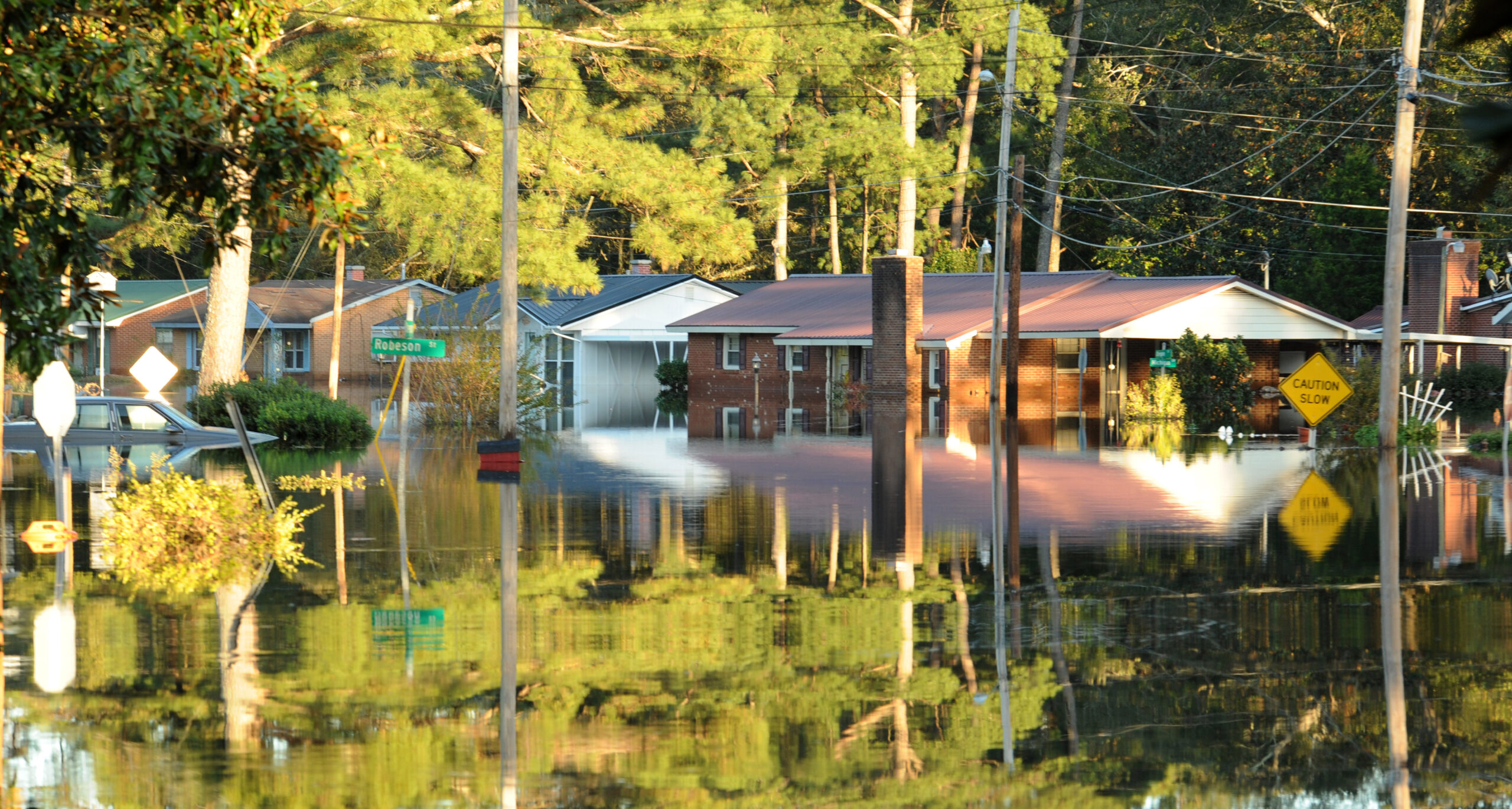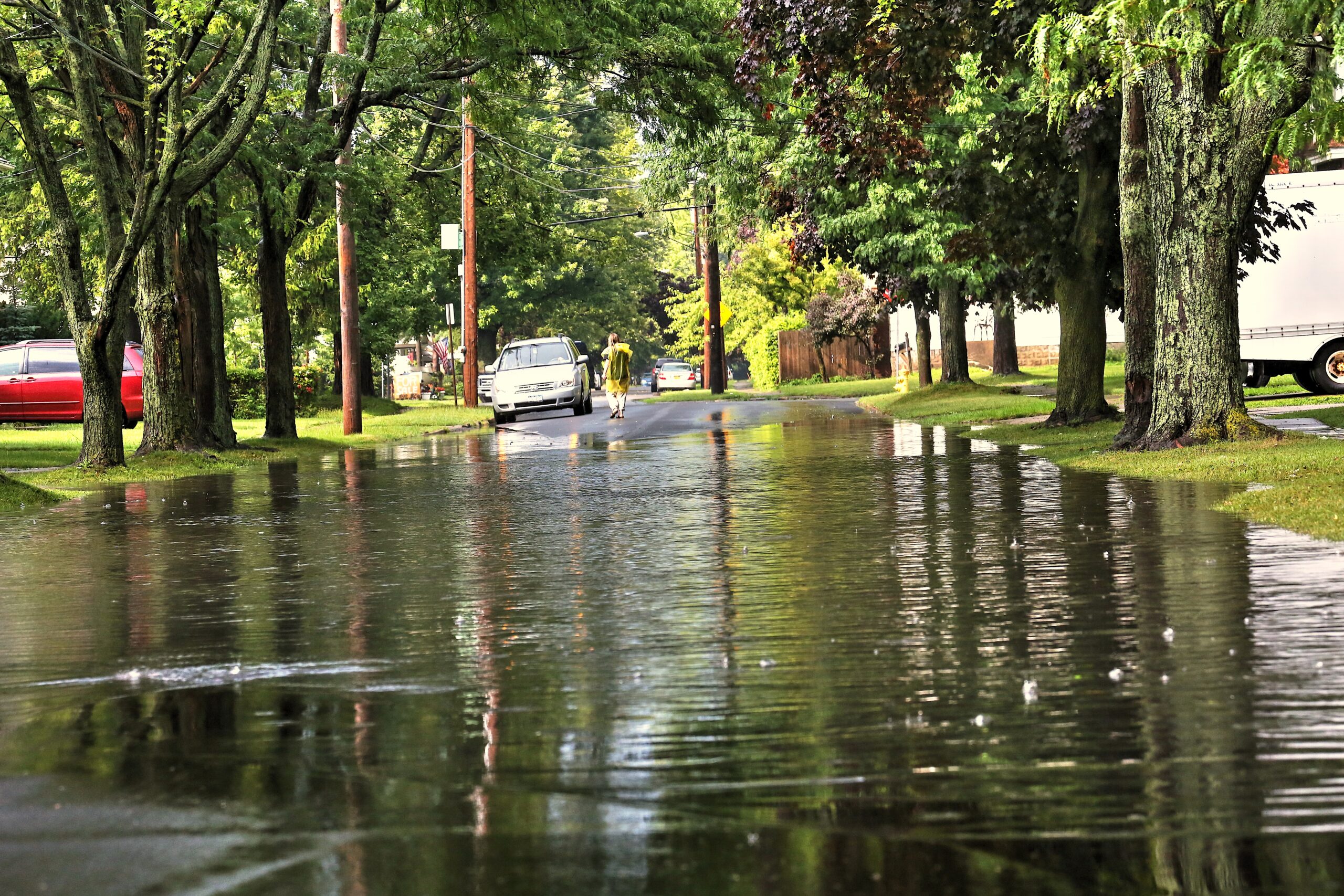Our Coast, Our Future: The 2022 North Carolina Coastal Conference
They came to Raleigh from across North Carolina, discussed urgent and emerging issues affecting our coast, forged new ties, and literally devoured new research for lunch — and you can watch it here.
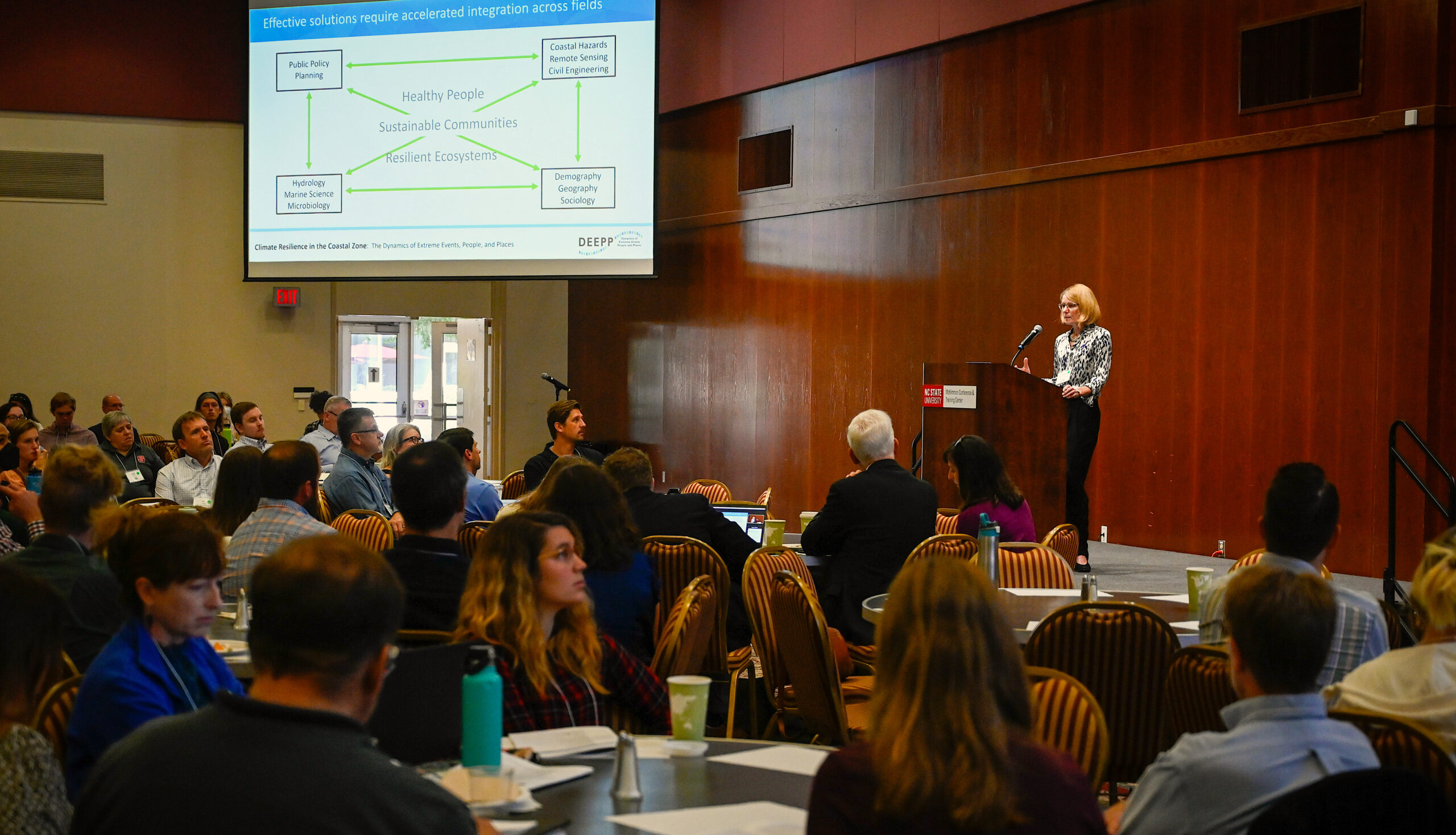
Teachers, scientists, community experts, policymakers, business leaders, and many others came to Raleigh in early November for this year’s Coastal Conference. Together, they discussed urgent and emerging issues affecting our coasts, forged new ties, and literally devoured new research for lunch.
This two-day hybrid event was available in person and online, and we recorded much of it. Here, you can watch videos of many of the sessions, or you can view individual presentations.
A look at the full array of programming, session descriptions, guest speaker bios, and abstracts is available in the conference program.
“The speakers were professional and brought great content.“
Day 1
The first day of the 2022 North Carolina Coastal Conference began with a welcome from Susan White, the executive director of North Carolina Sea Grant. Guest speakers Elizabeth S. Biser, secretary of North Carolina Department of Environmental Quality, and Jonathan Pennock, director of the National Sea Grant College Program, also offered opening day remarks, before Elizabeth Frankenberg (above), director of the Carolina Center for Population Aging and Health, gave the plenary address. The concurrent sessions followed.
Planning for a Resilient Future
Chris Ellis, NOAA, moderator
featuring:
Lisa Montefiore, NC State University
From National to Local Scales: Integrated Approaches for Mapping Coastal and Estuarine Vulnerability to Projected Change
Narcisa Pricope, UNC Wilmington
Wetland Vulnerability Metrics as a Rapid Indicator in Identifying Nature-Based Solutions to Mitigate Coastal Flooding
Mike O’Driscoll, East Carolina University
Developing Coastal Plain Ecological Flow Guidance in the Albemarle-Pamlico Basin: Examples from Trent River
Developing Community Viability
Scott Baker, North Carolina Sea Grant, moderator
featuring:
Eric Herbst, North Carolina Sea Grant
The North Carolina Shellfish Farming Academy: An Aquaculture Training and Workforce Development Initiative
David Griffith, East Carolina University
Sound Values: Livelihood Constellations, Networks, and Communicating Risk Along North Carolina’s Coast
Innovations in Wastewater Treatment
Jane Harrison, North Carolina Sea Grant, moderator
featuring:
Julia Harrison, NC State University Using In-Situ Sensing Data to Predict Fecal Contamination in Estuarine Waters
Jane Harrison, North Carolina Sea Grant
Tipping Points: Onsite Wastewater Treatment and Climate Change
Holly Miller, Tetra Tech
Town of Nags Head Decentralized Wastewater Management Plan Update
Patrick Carroll, UNC Wilmington
Multi-Trophic Waste Management for Marine Finfish Aquaculture in Land-Based Recirculating Aquaculture Systems Using the Salt-Tolerant Halophyte Salicornia Virginica
“Networking was excellent due to the
overall structure and format of the conference.”
Bridging the Gap: Prioritizing Equity
Christy Perrin, North Carolina Sea Grant, moderator
featuring:
Bethany Cutts, NC State University
Shifting Terrains: Society-Nature and Hazard Information for Fair-Minded Transdisciplinary Impact
Hannah Tuckman, UNC-Chapel Hill
The Use of Mobile and Social Media Data to Improve Disaster Management
Research Applications at the Intersection of Ecosystem and Community Resilience
Cayla Cothron, North Carolina Sea Grant, moderator
featuring:
Anne Smiley and Helena Garcia, UNC-Chapel Hill
An Interdisciplinary Approach to Quantifying Flood Mitigating Ecosystem Services and Identifying Beneficiaries in New Bern, NC
Curtis Smalling, Audubon NC
Integrating the Needs of Coastal Birds and Vulnerable Communities in Climate Resilience Planning
Adam Gold, Environmental Defense Fund
North Carolina’s Adaptation Journey to Flood Resilience
Mallory Eastland, South Atlantic Salt Marsh Initiative
Marsh Forward: A Collaborative Effort to Conserve the Salt Marsh in the Southeast
Near-Term Monitoring and Data Needs for Assessing Sea Level Rise Impacts
Natalie Nelson, Megan Carr, and Thomas Thelen, moderators
featuring:
Katherine Anarde, NC State University, and Miyuki Hino, UNC Chapel Hill
Ian Conery, US Army Engineer Research and Development Center
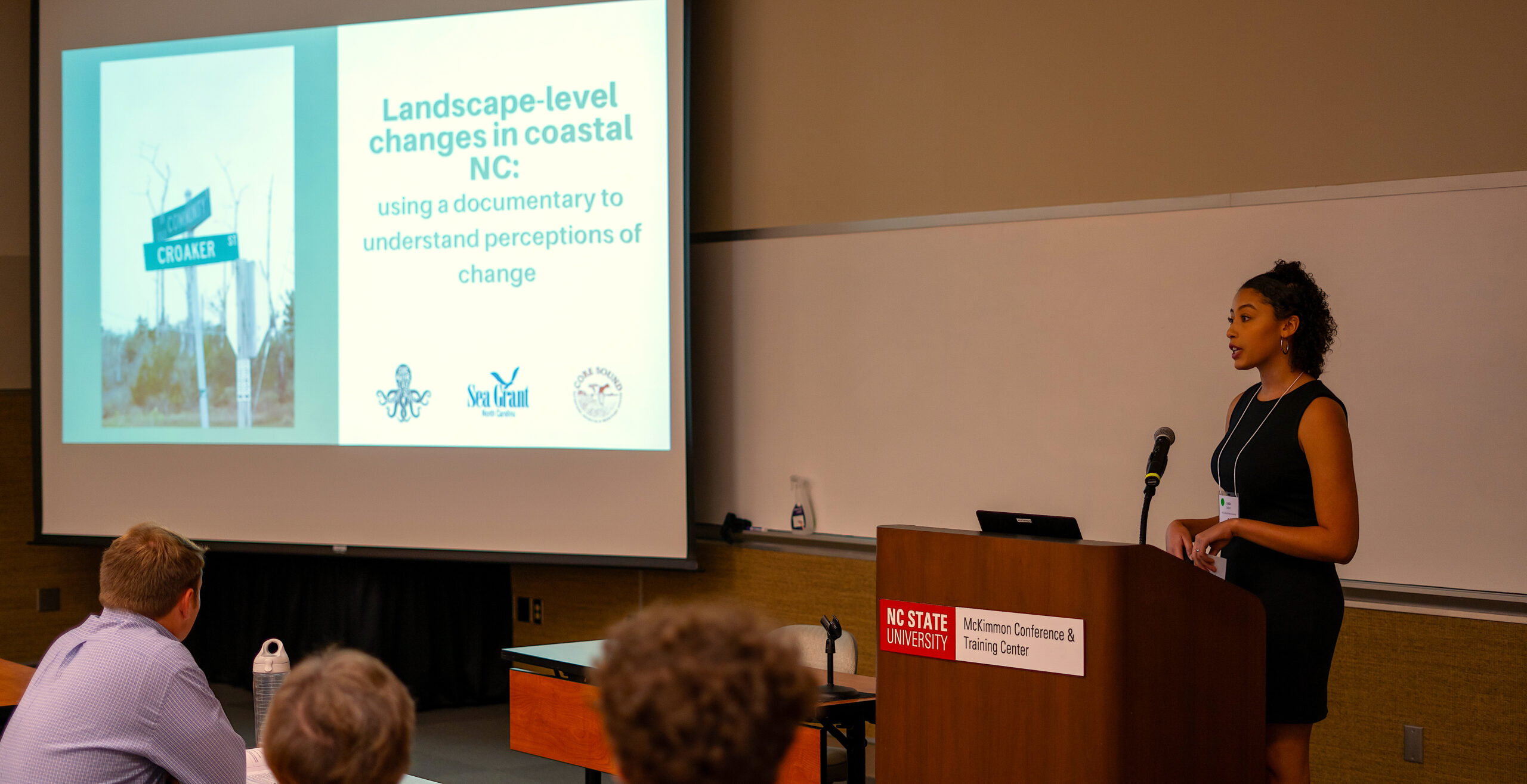
Lightning Talks
Frank López, North Carolina Sea Grant, moderator
Abstracts for all the Lightning Talks are available on pages 29-31 of the conference program.
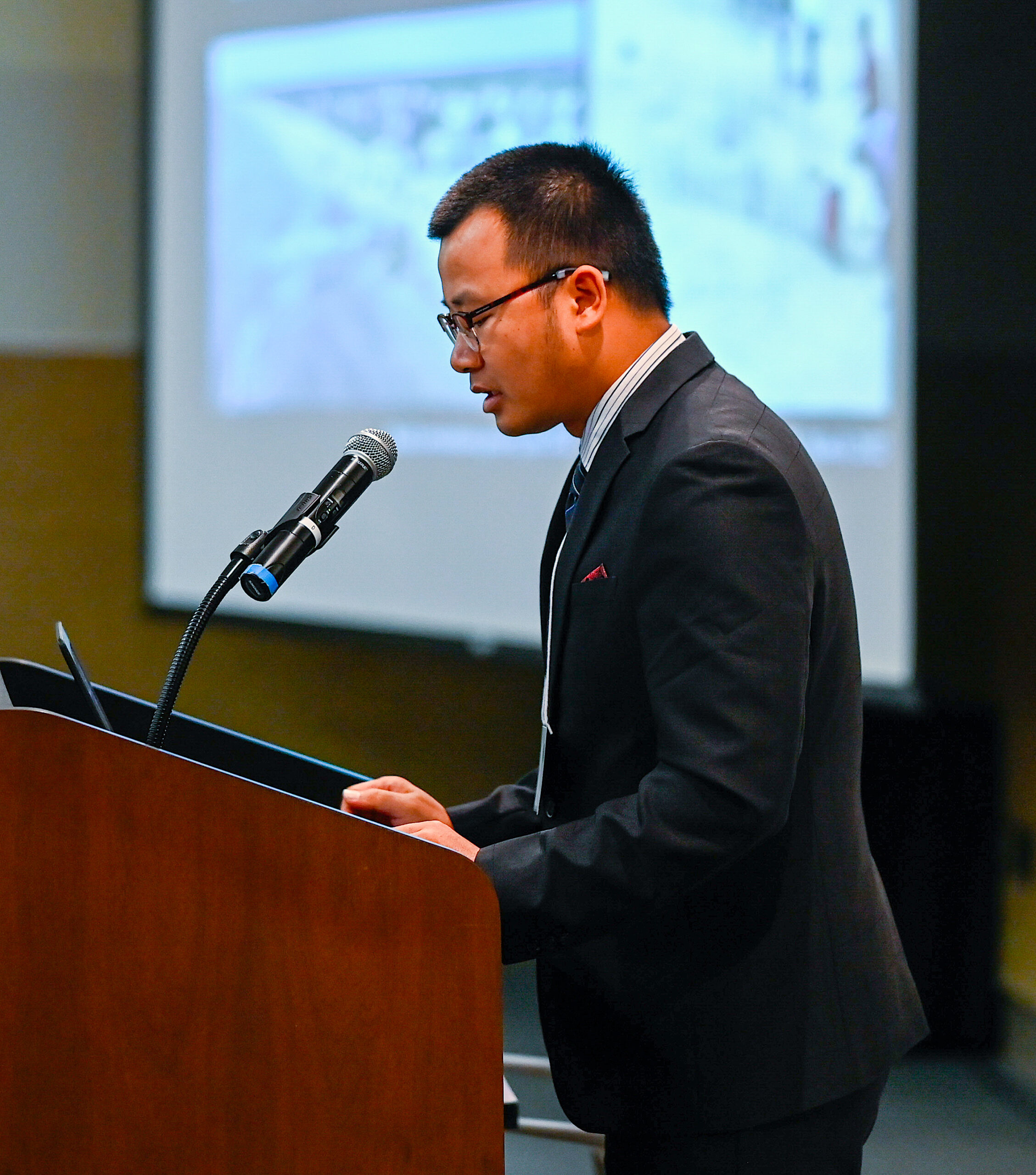
Presenters:
Lin Xiong, East Carolina University
Mackenzie Douglas, UNC-Chapel Hill
Evan Ferguson, Cape Hatteras Secondary School
Frank Graff, UNC-TV
Josh Himmelstein, UNC-Chapel Hill
Ryan Mitchell, DRMP
Ashley Oliver, North Carolina Sea Grant
Nick Corak, Wake Forest University
Poster Session
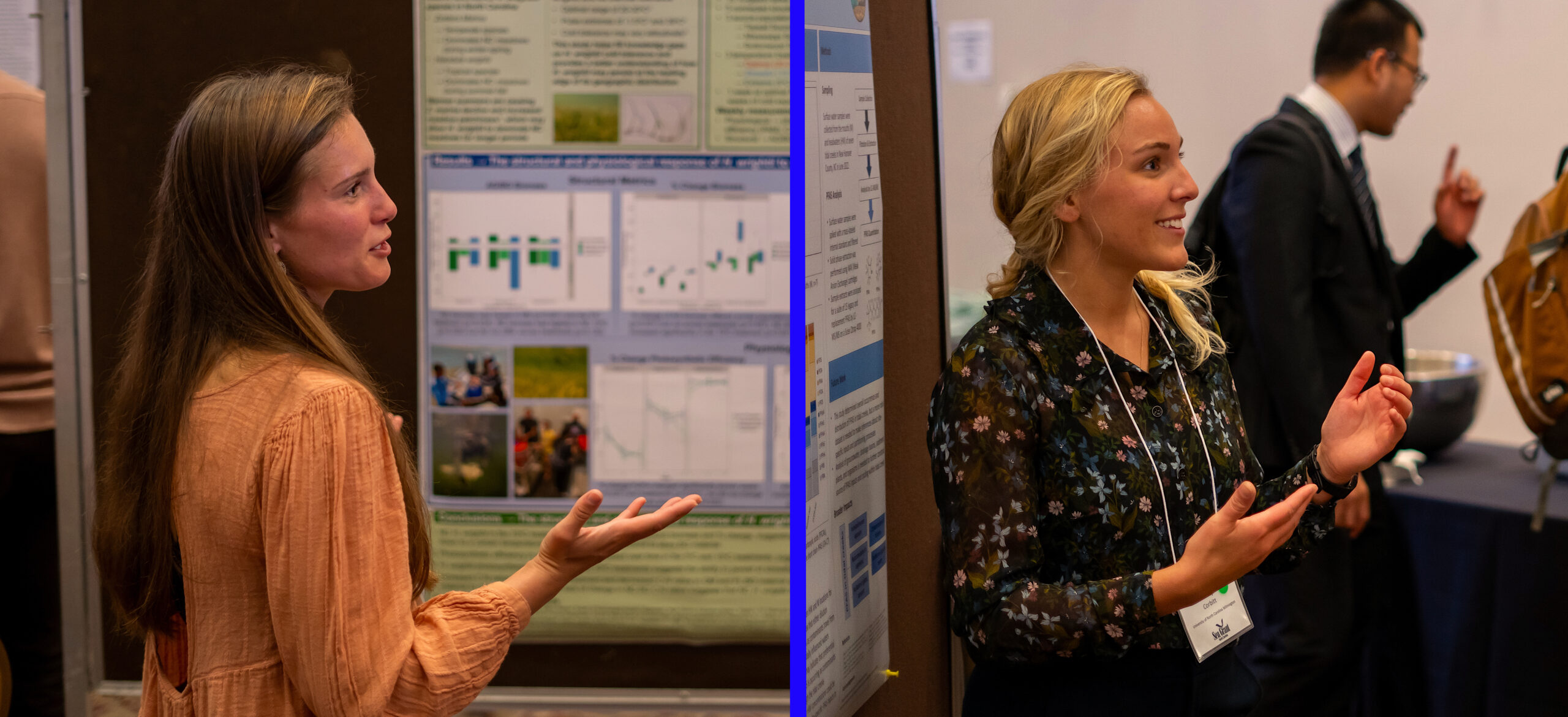
The presenters and abstracts for the poster session are available on pages 32-41 in the conference program. Six graduate students received awards for their posters, and you can read more about those presentations here.
“The evening reception and poster session were outstanding.
I think this was also the best time for networking.”
Day 2
Susan White, North Carolina Sea Grant’s executive director, kicked off the second day of the conference. Guest speakers Randy Woodson, Chancellor, and Mladen Vouk, Vice Chancellor for Research, then welcomed participants on behalf of NC State and noted the conference’s role in supporting the university’s research and mission. The concurrent sessions followed.
Enhancing the Resilience of the North Carolina Seafood Industry
Barry Nash, North Carolina Sea Grant, moderator
featuring:
Eric Edwards, NC State University
Economic Impact of the Commercial Fishing Industry in North Carolina
Sara Mirabilio, North Carolina Sea Grant
Refinement and Testing of a Microprocessor-Based Shark Bycatch Reduction Device (M-B BRD) Using an Academic-Industry Partnership
Ann Savage, NC State University
Leveraging Direct-to-Consumer Marketing & Tourism to Diversify Income Streams for Seafood Producers
Angel Cruz, NC State University
Supporting Fisheries with Student Interns
Management of Seagrass Habitat and the Blue Crab Fishery Under Changing Climate
Whitney Jenkins, North Carolina National Estuarine Research Reserve, moderator
featuring:
Jessie Jarvis, UNC Wilmington
Submerged Aquatic Vegetation
George Easterly, UNC Wilmington
Juvenile Blue Crabs
Anne Deaton, NC Division of Marine Fisheries
How This Work Aligns With the Coastal Habitat Protection Plan
Jessie Jarvis, UNC Wilmington
Ecological Vulnerability
Cross-Cutting Coastal Resilience Efforts and Building Strategic Climate Partnerships
Sarah Spiegler, North Carolina Sea Grant, moderator
featuring:
Sarah Spiegler, North Carolina Sea Grant
Jacob Boyd, NC Division of Marine Fisheries
Andrea Webster, NC Office of Recovery and Resiliency
Mackenzie Todd and Krista Early, NC Division of Coastal Management
Lora Eddy, The Nature Conservancy
Lunch
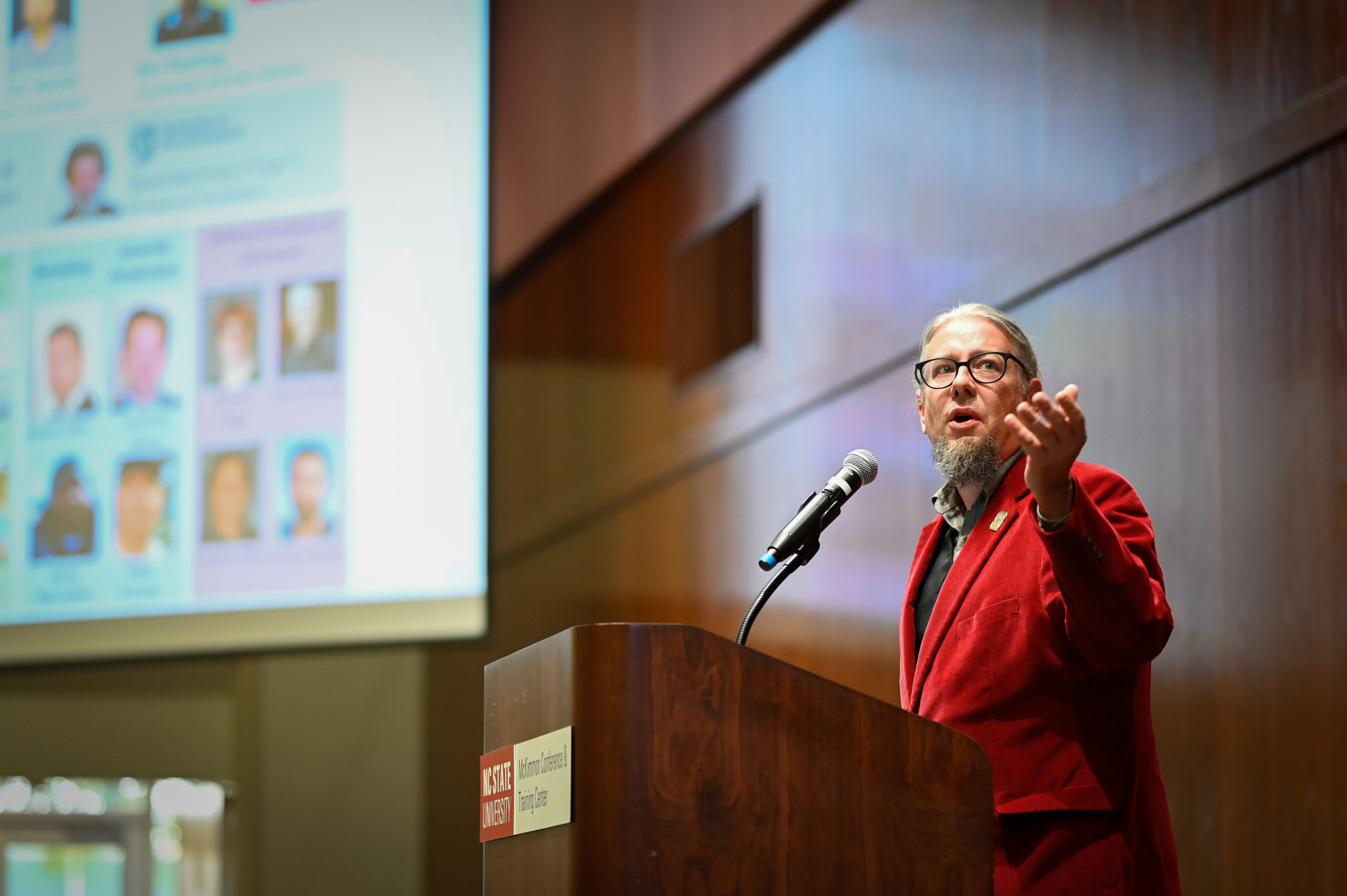
Lunch featured striped bass from Locals Seafood, courtesy of the StriperHub Project, and a presentation on the project’s breakthroughs in aquaculture from StriperHub’s Ben Reading.
“The food and drink were top-notch.”
The Big Picture: Healthy Coastal Ecosystems
Erika Young, North Carolina Sea Grant, moderator
featuring:
Erin Voigt, NC State University
Spatial Variation in Nursery Habitat Use by Juvenile Blue Crabs in a Shallow, Wind-Driven Estuary
Alexander Smith, UNC Wilmington
Least Tern (Sternula antillarum) Disturbance Responses to Human-Related Activities on Hatteras Island
Nick Funnell, UNC-Chapel Hill
Determining the Ecological Impacts of Shellfish Relay in North Carolina
Marsh Interface: Edges of the Land and Sea
John Fear, North Carolina Sea Grant, moderator
featuring:
Antonio Rodriguez, UNC-Chapel Hill
Salt Marsh Ontogeny Drives the Wide Range of Carbon Accumulation Rates
Molly Bost, NOAA
Response of Fringing Salt Marsh Accretion and Carbon Burial to Land-Use Change of Tidal Creek Watersheds
Christina Salerno, UNC Wilmington
Predation Amplifies the Effects of Parasite Infection on the Personality of a Keystone Grazer
Emerging Technologies for Coastal Change
Gloria Putnam, North Carolina Sea Grant, moderator
featuring:
Ryan Mieras, UNC Wilmington
Continuous Beach Morphology Observations Under Active Storm Forcing Using Compact 3D LiDAR Scanners
Logan Howard, National Weather Service
The Impact of the Gulf Stream on Marine Forecasting
Matthew Scalora, National Weather Service
New Wave Information Included in the NWS Coastal Waters Forecast
Krissy Hopkins, USGS
Can Green Stormwater Infrastructure Reduce Stream Stressor Impacts in Suburbanizing Landscapes?
“I will be taking this knowledge back with me to share with others.”
A special thank you to our sponsors, who made the 2022 North Carolina Coastal Conference a success.
North Carolina Sea Grant’s next Coastal Conference will be at our coast in 2024. We hope to see you there.
lead photo of Elizabeth Frankenberg by Dan DiNicola
